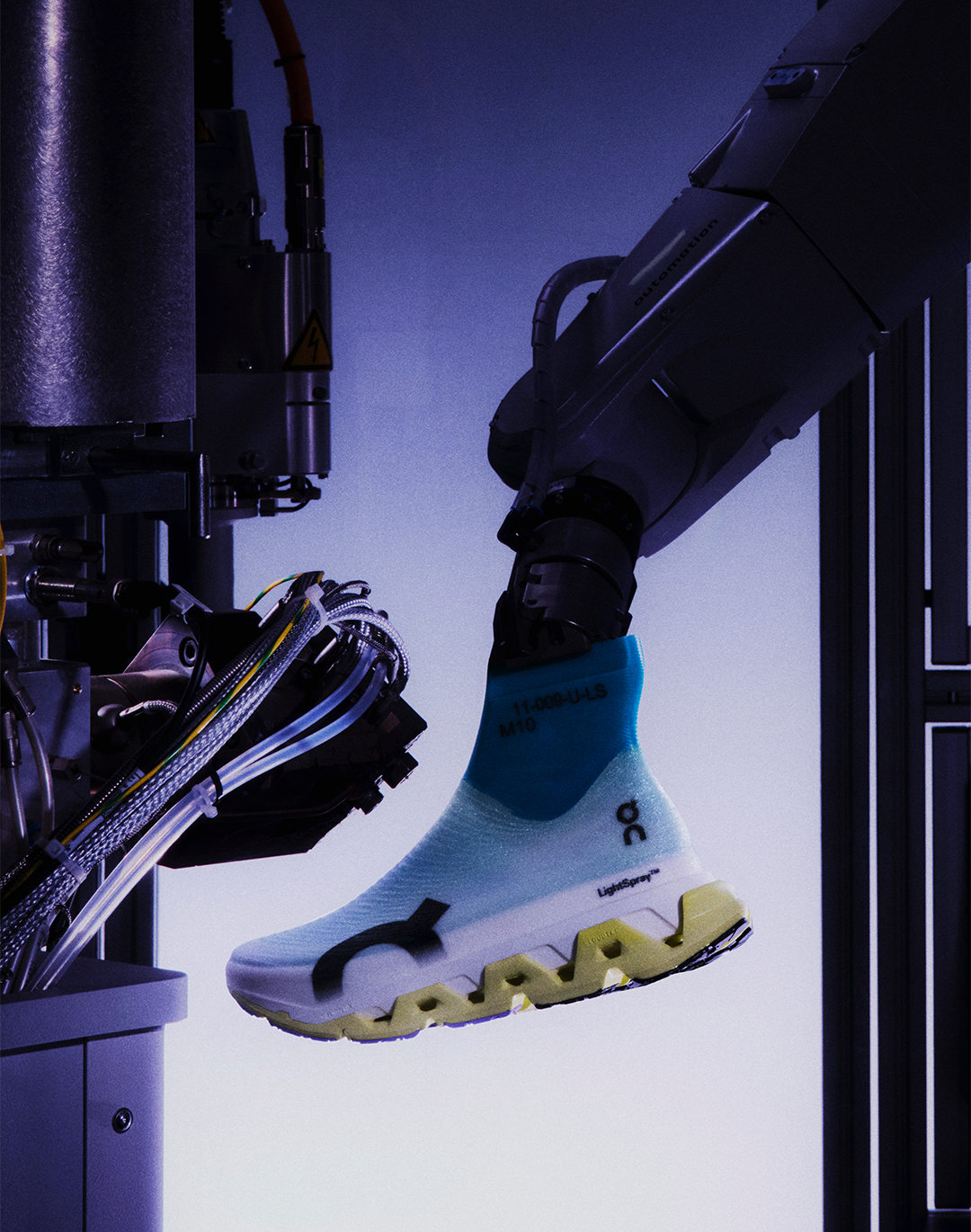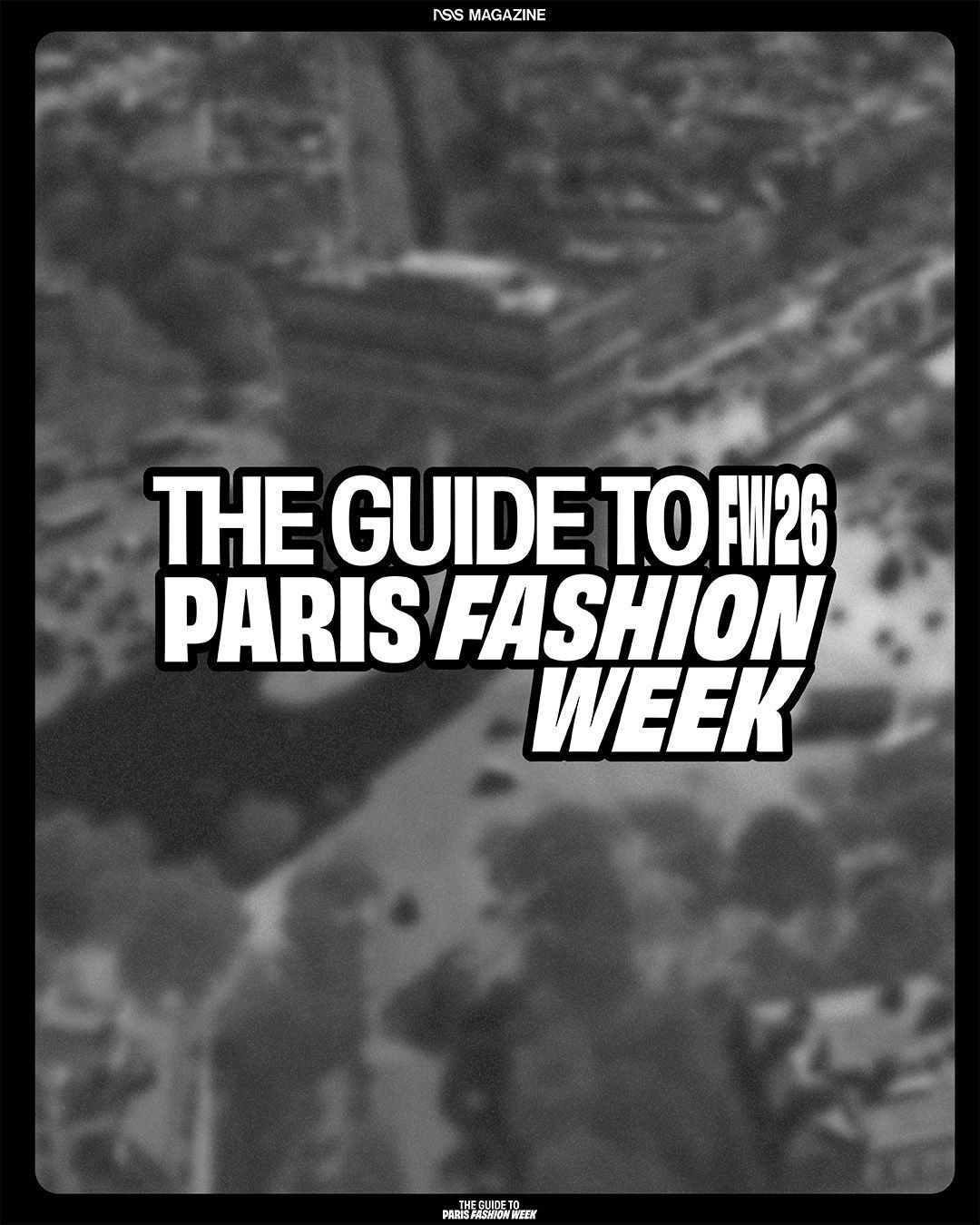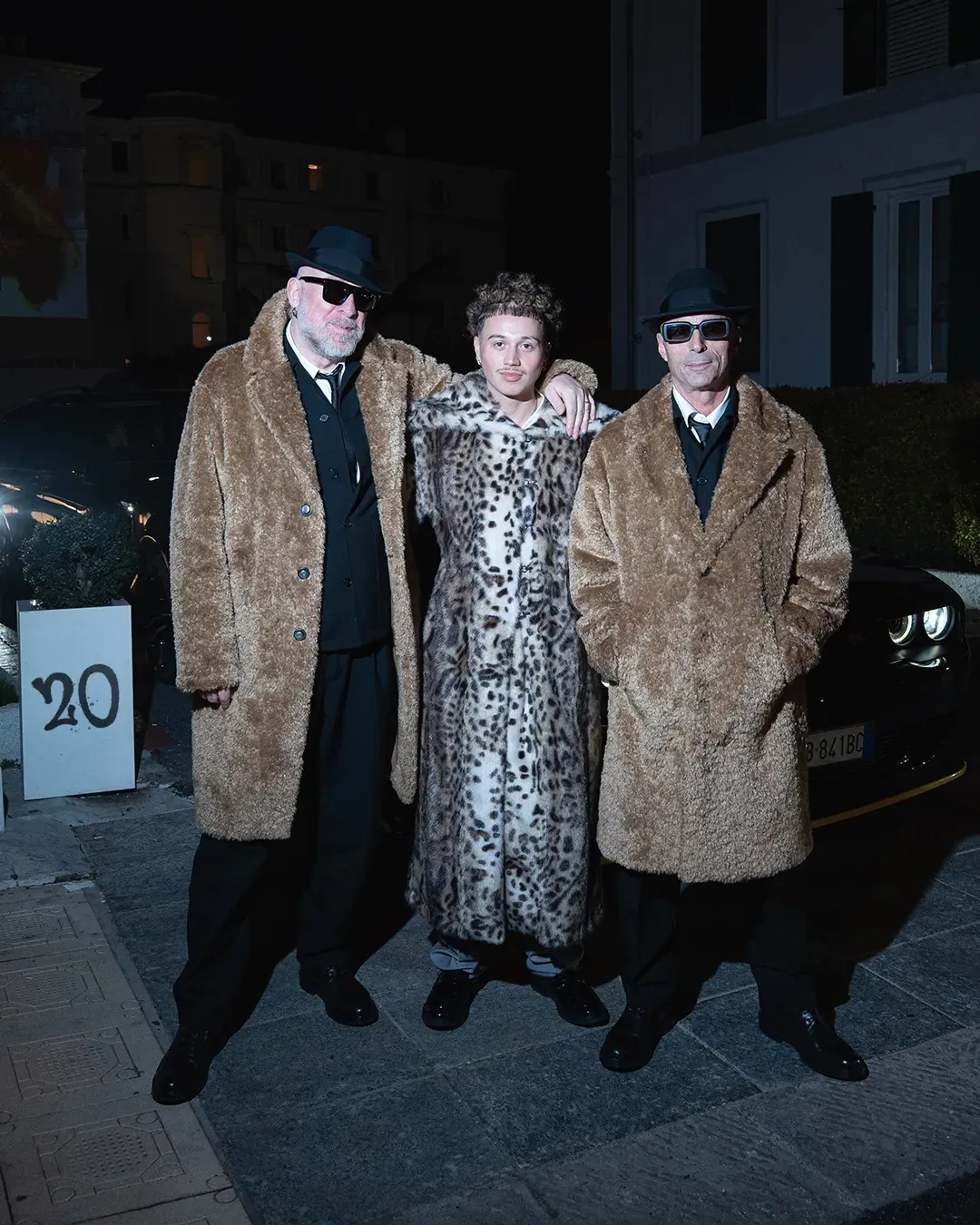
What is "conscious unbossing"? Increasingly, Gen Z workers are rejecting classic hierarchies
Everyone wants to build a career – but at what cost? While the job market proves to be increasingly less meritocratic and more stressful, and an entire generation questions the point of a career that demands a lot of time and offers little financial reward, the new generation entering the workforce seems to have realized that perhaps the stress caused by career advancement far outweighs the personal satisfaction it provides. Of course, there's a name for this realization too: it's called “conscious unbossing”, an emerging phenomenon among Gen Z workers who are becoming increasingly disinterested in traditional management roles. The term describes a conscious choice to move away from conventional career paths, in favor of specialized skills, work-life balance, and lack of constraints. Even though it's not precisely a total rejection of leadership itself, “conscious unbossing” signals a redefinition of what it means to be a leader today—beyond what the LinkedIn hustle-gurus preach—placing more value on autonomy, influence, and collaboration rather than status and control. While Millennials still often chase corporate power, Gen Z has shown a clear preference for roles that prioritize flexibility, personal growth, and well-being. According to a study conducted in the UK by Robert Walters North and reported by Forbes a few months ago, 52% of Gen Z professionals consciously avoid traditional managerial positions, and 69% believe middle management roles bring high stress, limited benefits, low autonomy, and poor work/life balance.
According to Business Insider, «Gen Z is 1.7 times more likely than previous generations “to avoid leadership roles to protect their well-being”». This more “disengaged” approach has significant implications for HR leaders and executives, who have long relied on clear leadership pipelines based on hierarchical promotions. The phenomenon is actually part of a broader rethinking of the role and weight that work should have in people’s lives in an overgrown and hyper-fragmented society, where social media increasingly spreads the notion that certain professional roles (such as HR or project managers) are, to quote the famous meme, “fake e-mail jobs,” meaning middle-management roles where people mostly send emails back and forth rather than having a real impact on companies or society. In a recent conversation with the magazine WorkLife, Martin Colyer, Director of Innovation and AI Strategy at the consultancy firm LACE Partners, said that these new preferences require companies to rethink the very definition of a career. Instead of climbing vertical ladders, many organizations are shifting to skills-based operational models, where progress is measured through expertise and the worker’s impact on business performance. In these models, leadership is less about formal titles and more about the ability to influence, guide, and make decisions at every level of the organization—a more distributed and connected leadership model, where specialized knowledge and real contributions matter more than managerial authority.
“project manager” feels like a fake email job because it implies that work is simply a continuation of college group projects where you assign roles, present a doc, and then pat each others’ backs
— Marcel Tan (@Marcel7an) April 29, 2025
According to the article, the most forward-thinking HR professionals are gradually moving away from rigid succession plans and adopting more dynamic skills pipelines that cultivate expertise and adaptability, recognizing that certain capabilities extend beyond traditional managerial roles. The consequences of “conscious unbossing” emphasize a more practical approach to work less defined by superficial social markers (think of the Mega-Director in Fantozzi or De Marinis in Camera Cafè). Above all, the very fact that this phenomenon exists and has been given a name is perhaps a sign that this rejection of hollow careerism is just the acknowledgment of something that’s existed for years without being noticed—the disengagement of workers caused by leadership that doesn’t value them, merely settling for meeting certain targets. Still, according to Forbes, the role of middle management, historically the essential glue between senior leaders and individual contributors, is undergoing a transformation rather than disappearing.
Despite 89% of employers still considering middle managers essential, the traditional view of these roles as mere hierarchical overseers is being rethought in favor of flatter structures and collaborative leadership models that distribute decision-making power and influence more broadly—aligning with Gen Z’s desire for autonomy and collective contribution. Still, the reluctance of Gen Z to take on managerial roles is closely tied to concerns over mental health and burnout. However, going back to the Business Insider article, Gen Z is expected to make up 30% of the workforce by 2030, and if companies don’t adapt their development strategies, they risk running out of leaders capable of guiding teams and growing organizations. Practical responses to “conscious unbossing” include offering flexible schedules, supporting project-based leadership opportunities, and designing career paths that not only value mastery of individual skills over managerial authority but also define leadership by contribution, not control.















































